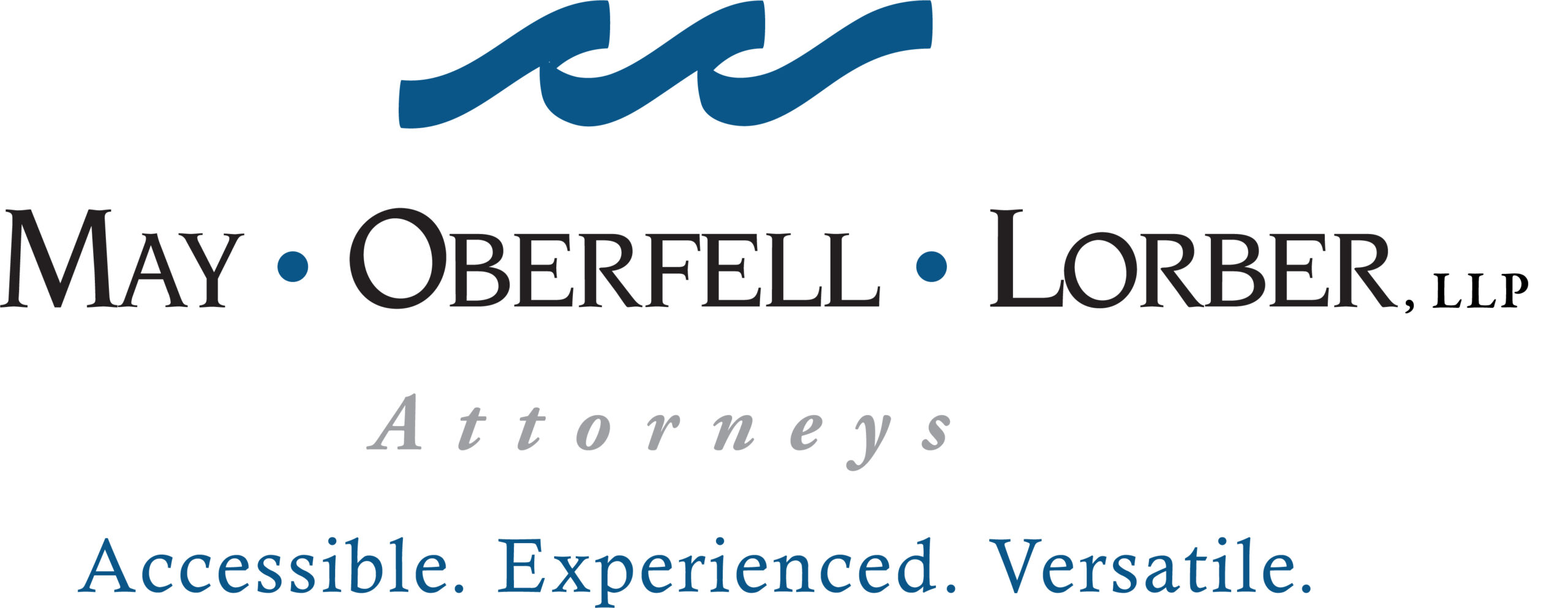Understanding the Michigan Condominium Association Lien and Foreclosure Process
Timely payment of condominium assessments is essential to the operation of any condominium association. When a co-owner fails to pay, the association must take action to collect the amounts owed. One of the most common tools used to collect unpaid condominium assessments is to place a lien on the co-owner’s unit. In Michigan, this process is guided by the Michigan Condominium Act. If, after a lien has been placed on the co-owner’s unit, and the co-owner still fails to pay the dues, the condominium association may move forward with foreclosing on the lien. However, before beginning the foreclosure process, the condominium association must ensure that the lien and all related procedures comply with the requirements of the Michigan Condominium Act.
This article explains the keys steps a condominium association must take to file a lien for unpaid dues, and if necessary, foreclose on the co-owner’s unit.
Prepare and Record the Notice of Lien
Before initiating foreclosure, a condominium association must prepare and record a Notice of Lien. MCL 559.208(3)(a). The Notice of Lien must include the following information:
- A legal description of the condominium unit(s)
- The name of the co-owner(s) of record
- The amounts due to the condominium association at the date of the notice
Although a condominium association can assess interests, costs, attorney fees, and future assessments, the condominium association should not include these expenses in the total amount listed on the Notice of Lien. MCL 559.208(3)(a).
The Notice of Lien must be signed by an authorized representative of the condominium association and drafted in “recordable form.” MCL 559.208(3)(b). After drafting the Notice of Lien, it must be recorded with the register of deeds in the county where the unit is located. A copy of the recorded Notice of Lien must then be sent to the delinquent co-owner by regular first-class mail, with postage already paid. At least 10 days must pass after the notice is mailed before the condominium association can initiate a foreclosure action. MLC 559.208(3)(c).
Foreclosing on the Lien
Once the required notice period has elapsed, the condominium association may foreclose on the lien. Under MCL 559.208(2), foreclosure must proceed “in the same manner as the foreclosure under the laws relating to foreclosure of real estate mortgages by advertisement or judicial action except to the extent the condominium documents provide…” MCL 559.208(2). In addition to the foreclosure, the condominium association may also pursue a money judgment for the delinquent assessments.
If the foreclosure process results in the sale of the unit, the co-owner has a six-month redemption period. MCL 559.208(2). This means that the co-owner may reclaim the unit by repaying the full
amount owned, including the foreclosure sale price, applicable interest, and any other permitted charges. If the redemption period expires without payment, the new purchaser of the unit may take possession and either secure or resell the unit.
MCL 559.208 provides a critical tool for Michigan condominium associations to recover unpaid assessments and protect the integrity of their financial operations. By complying with the Act’s requirements, including properly recording a lien, sending timely notice, and following the appropriate foreclosure and redemption procedures, condominium associations can ensure their collection efforts are both effective and legally enforceable.
This article is for information purposes only and is not intended to constitute legal advice.
